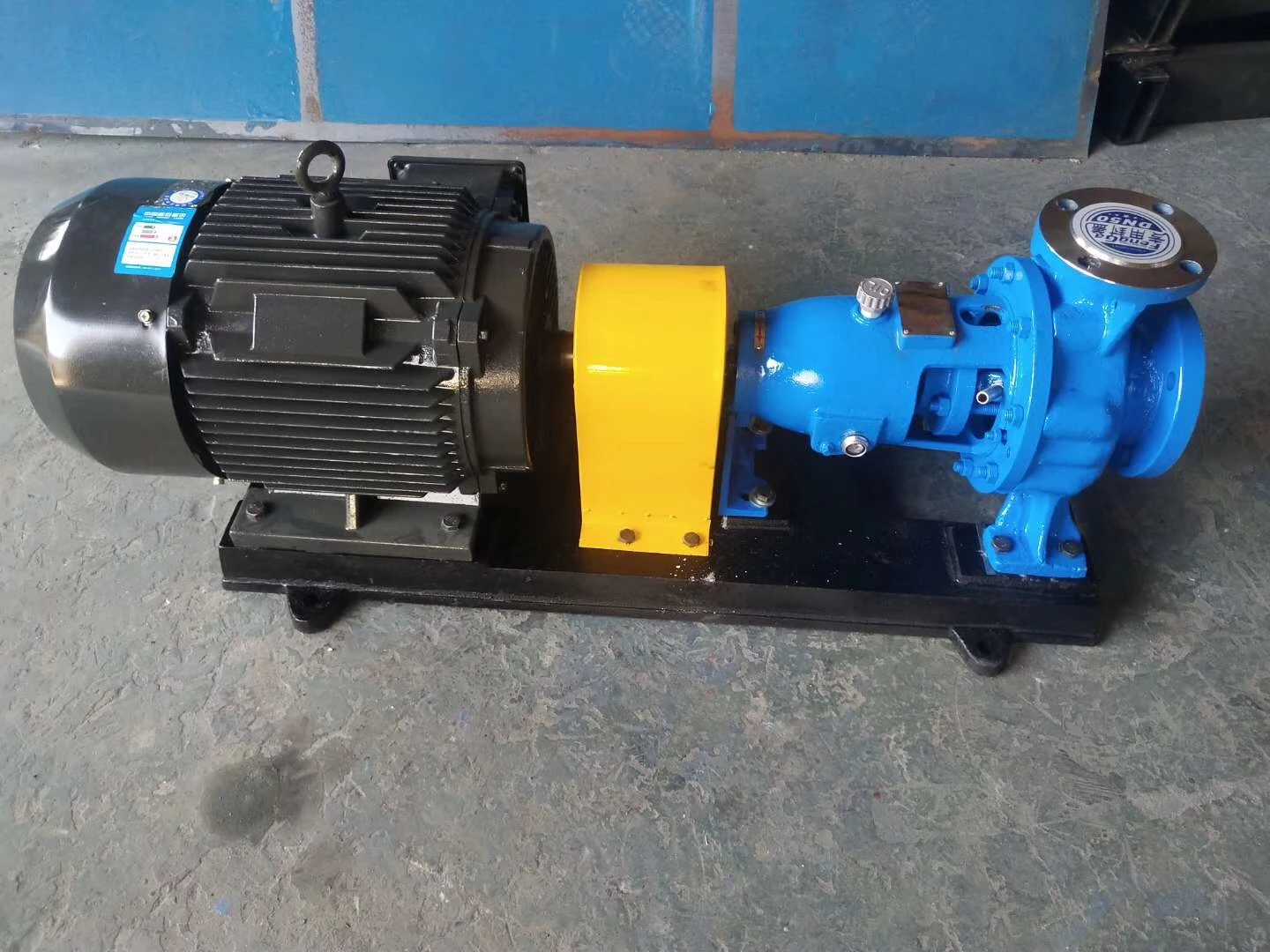Khmer
- Afrikaans
- Albanian
- Amharic
- Arabic
- Armenian
- Azerbaijani
- Basque
- Belarusian
- Bengali
- Bosnian
- Bulgarian
- Catalan
- Cebuano
- Corsican
- Croatian
- Czech
- Danish
- Dutch
- English
- Esperanto
- Estonian
- Finnish
- French
- Frisian
- Galician
- Georgian
- German
- Greek
- Gujarati
- Haitian Creole
- hausa
- hawaiian
- Hebrew
- Hindi
- Miao
- Hungarian
- Icelandic
- igbo
- Indonesian
- irish
- Italian
- Japanese
- Javanese
- Kannada
- kazakh
- Khmer
- Rwandese
- Korean
- Kurdish
- Kyrgyz
- Lao
- Latin
- Latvian
- Lithuanian
- Luxembourgish
- Macedonian
- Malgashi
- Malay
- Malayalam
- Maltese
- Maori
- Marathi
- Mongolian
- Myanmar
- Nepali
- Norwegian
- Norwegian
- Occitan
- Pashto
- Persian
- Polish
- Portuguese
- Punjabi
- Romanian
- Russian
- Samoan
- Scottish Gaelic
- Serbian
- Sesotho
- Shona
- Sindhi
- Sinhala
- Slovak
- Slovenian
- Somali
- Spanish
- Sundanese
- Swahili
- Swedish
- Tagalog
- Tajik
- Tamil
- Tatar
- Telugu
- Thai
- Turkish
- Turkmen
- Ukrainian
- Urdu
- Uighur
- Uzbek
- Vietnamese
- Welsh
- Bantu
- Yiddish
- Yoruba
- Zulu
Telephone: +86 13120555503
Email: frank@cypump.com
ធ្នូ . 10, 2024 15:06 Back to list
chemical pumps
Understanding Chemical Pumps Essential Tools for Fluid Transport
Chemical pumps are critical components in various industries, particularly in chemical manufacturing, water treatment, pharmaceuticals, and food processing. These pumps are designed to move corrosive, viscous, or hazardous liquids safely and efficiently. As industries continue to evolve and expand, the demand for reliable and efficient chemical pump solutions has only increased.
Types of Chemical Pumps
There are several types of chemical pumps, each suited for specific applications and fluid characteristics. The most common types include centrifugal pumps, positive displacement pumps, diaphragm pumps, and peristaltic pumps.
1. Centrifugal Pumps These are the most widely used in chemical processes. They work by converting rotational energy from a motor into energy in the fluid, causing it to flow. They are ideal for transporting large volumes of low-viscosity liquids and are known for their efficiency and reliability.
2. Positive Displacement Pumps This type of pump moves fluid by trapping a fixed amount of liquid and forcing it through the pump's outlet. They are particularly suitable for high-viscosity fluids and applications requiring high pressure. Gear pumps and screw pumps are common examples of positive displacement pumps.
3. Diaphragm Pumps Utilizing a diaphragm to create a seal, these pumps are especially effective for moving corrosive or abrasive liquids. They are often used when leak prevention is a priority, as the diaphragm allows for safe containment of chemicals.
4. Peristaltic Pumps These pumps work by compressing and releasing a flexible tube, allowing fluids to be pushed along the tube. They are particularly useful for delicate or shear-sensitive fluids, as they minimize the disruption to the liquid being pumped.
Application in Various Industries
chemical pumps

Chemical pumps find applications across a myriad of sectors
- Chemical Manufacturing In this sector, pumps are essential for processes such as mixing, transferring, and bottling chemicals. They ensure the safe and efficient handling of reactive and hazardous materials.
- Water and Wastewater Treatment Pumps are crucial in moving chemicals used for treating water and wastewater. This includes the injection of chlorine, flocculants, and acids for pH control.
- Pharmaceuticals The pharmaceutical industry relies heavily on precise fluid handling, often involving sterile and corrosive chemicals. Pumps must meet high standards of hygiene and reliability to ensure product safety.
- Food and Beverage In food processing, chemical pumps are used for transferring various liquids, including food-grade acids, juices, and cleaners. They must comply with stringent safety regulations to prevent contamination.
Importance of Material Selection
The materials used in the construction of chemical pumps are critical. Given that pumps typically handle corrosive substances, choosing the right materials can significantly affect their longevity and performance. Common materials include stainless steel, polypropylene, and fluoropolymers, each selected based on the specific chemical properties of the fluids being pumped.
Conclusion
In conclusion, chemical pumps are indispensable in modern industrial processes, offering a reliable solution for transporting various liquids. With advancements in technology, the efficiency, safety, and performance of these pumps continue to improve. Industries must carefully consider the type of pump and materials used to ensure optimal operation and compliance with safety regulations. As the demand for chemical handling increases, so too will the innovative solutions provided by the chemical pump industry, ensuring that industries can operate safely and effectively.
-
ISG Series Vertical Pipeline Pump - Chi Yuan Pumps | Advanced Hydraulic Design&Durable Construction
NewsJul.31,2025
-
ISG Series Vertical Pipeline Pump - Chi Yuan Pumps | Energy Efficient & Low Noise
NewsJul.31,2025
-
pipeline pump - Chi Yuan Pumps Co., LTD.|High Efficiency&Low Noise
NewsJul.31,2025
-
ISG Series Vertical Pipeline Pump - Chi Yuan Pumps Co., LTD.|High Efficiency, Energy Saving, Low Noise
NewsJul.30,2025
-
ISG Series Vertical Pipeline Pump- Chi Yuan Pumps|High Efficiency&Low Noise
NewsJul.30,2025
-
ISG Series Vertical Pipeline Pump-Chi Yuan Pumps Co., LTD.|High Efficiency&Energy Conservation
NewsJul.30,2025










